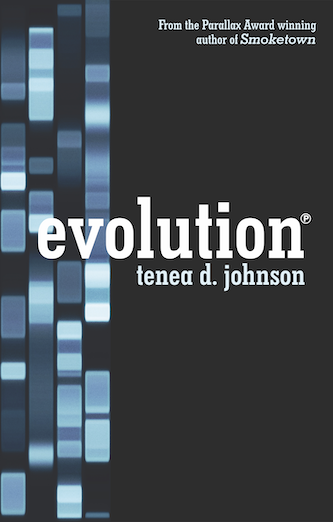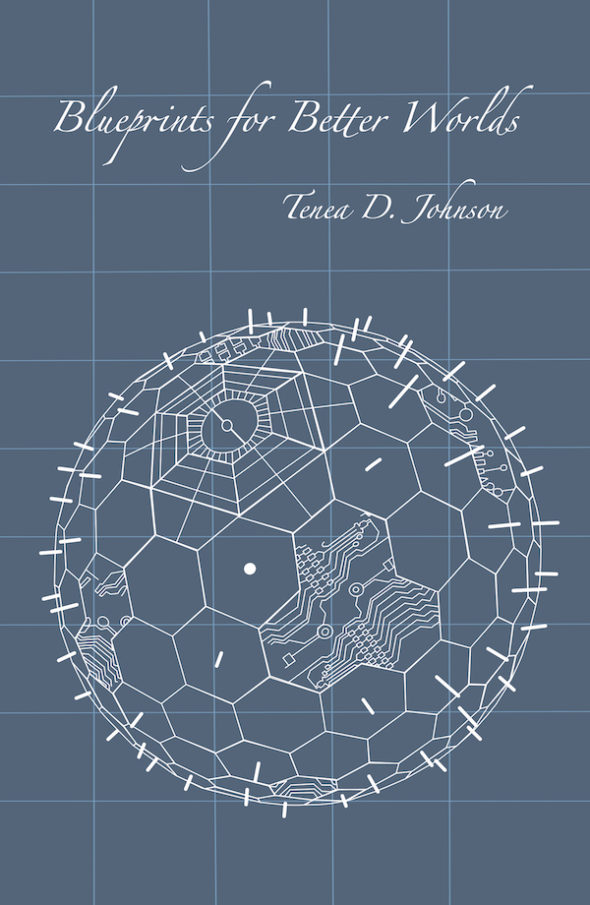What’s in a Name? “Afrofuturism” & the Power/Challenge of Naming
Admittedly, I have a thing about names. I’ll correct you as many times as it takes before you say mine correctly. I’ll listen to you say your own and try to match it. My undergrad thesis focused on correctly contextualizing the work of Octavia Butler within genre, subgenre and ‘canon’. You see I just put canon in quotes so it shouldn’t surprise you that I had some of my own thoughts about naming a storybundle I curated, Afrofuturism. If you don’t know, there’s a bit of a discussion about the validity and context of this term as well as the power dynamics and agency of naming artistic moments/movements. Instead of rehashing said discussion, I’ll share what interested me as of late: what other authors in the bundle thought about the term. I asked them to define it and to let me know about alternatives they prefer. So without further ado, peep this:
Ayize Jama-Everett, author of The Liminal People:
Guh!! Yeah, always the landmine of BS to get into. All I can say is that when I first started tooling around on forums and stuff in the mid-nineties, I found the Afrofuturism listserv. It was the only place online where I got to talk about black stuff without it being predicated on some Black (Not a typo) to Africa type ish. It was through that forum I learned about DDC (Deep Dick Collective, Pomo Afro Homos), the works of Kodwo Eshun, John Akomfrah, Greg Tate, and my friend from those days until now, Nalo Hopkinson. It was a community for me, not a movement. I should also say it was a community I sometimes pissed off and didn’t always agree with. But that’s what real community is, a dynamic and sometimes contradictory place.
I think a better descriptor of my work might be Speculative Fiction, but I acknowledge something gets lost in that, namely the fact that race is a feature, if not the main feature of a lot of my work. I also can hear the arguments that the Afro in Afrofuturism, ironically erases the African element and can be seen as regressive or even insulting. I’m not really sure what the proper response to all of it is. Labels, by their nature, can be both liberating and restrictive. Afrofuturism, as a label, hasn’t squared that circle. But my personal connection to it will always be liberatory.
Nicole Givens Kurtz, author of Silenced:
Afrofuturism is a speculative asthetic that centers Africans from the mainland and the disaposra in creative areas of music, film, art, and writing.
Andrea Hairston, author of Will Do Magic for Small Change
I’m not big on genre definitions, so I wouldn’t define it.
I like hanging in the borderlands, in the fuzzy liminal mappings of stories.
I’m more interested in what works to tell a particular story than in the set of protocols that might be used to categorize it. That said, all of my future speculations are African inflected. I shine my little light through the prism of the diaspora.
Nisi Shawl, author of Filter House
My definition of Afrofuturism is “an aesthetic projecting African-derived culture and values into the future, often with a strong ‘own voices’ component.” That’s the definition I used in the lecture I recently gave on the topic for the King County Public Library System. I’ll add that the “future” may be chronological, as in years away, or it may be technological—see Wakanda. The other term I use is AfroRetrofuturism. Retrofuturism is another name for steampunk; it focuses on how steampunks blend elements of the past and present or future achievements. AfroRetrofuturism centers African-derived culture and values in that blend. My novel Everfair is AfroRetrofuturist. So is K. Tempest Bradford’s story “The Copper Scarab,” which appears in the anthology Clockwork Cairo.
Ivor Hartmann, editor of AfroSF
Afrofuturism seems quite well defined already, so for me to do so would be fairly presumptuous. I have an immense respect for the Afrofuturist movement from even before it was named. It has done so much for so many to create a much-needed space that didn’t compromise or white-wash unique creative output. That said, for the burgeoning African SF scene I do think we need our own identity that works for us in the same way. It has been all too easy for academics, reviewers, etc., to slot us into Afrofuturism and think no more about it. This is why in the last few years we have collectively, for the most part, come to prefer Africanfuturism. However, Afrofuturism and Africanfuturism are not, and cannot be, mutually exclusive. This is why I have no problems with AfroSF being in this Afrofuturist storybundle. We still have so much work to do to re/claim space in a field that is still largely dominated by western-centric whiteness. We can’t let labels get in the way of our unity and forward progress, together, uncompromised. We are always stronger together than we ever have been apart. In an ideal world we’d all just be Science Fiction writers, but this is not the world we live in.




